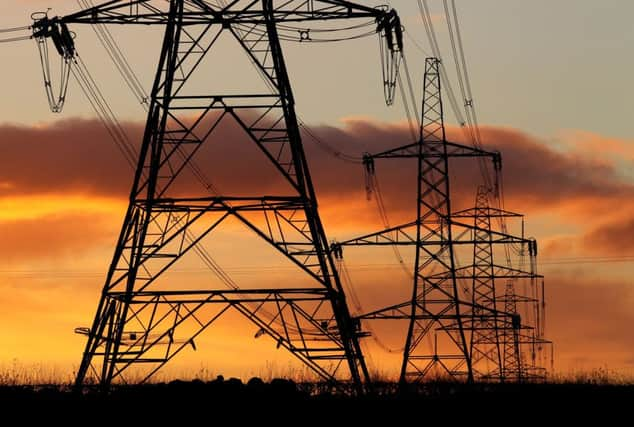YP Comment: Going for the nuclear option. South Yorkshire's power solution


Understandably, this has led to angst amongst those who already have cause to be concerned about Britain’s future energy security and sustainability – this one project would have met seven per cent of this country’s total electricity needs. At a time when new infrastructure projects are increasingly dependent on foreign investment, particularly from the Far East, this review won’t help the Government win friends and influence in China.
However, the decision was also a political no-brainer. In its current form, British consumers risk paying over the odds for electricity because the Government’s agreement with EDF came when energy prices were at their highest – a false economy comparable to the costs associated with those hospitals and schools built under Gordon Brown’s Private Finance Initiative.
Advertisement
Hide AdAdvertisement
Hide AdAnd, let’s face it, the technology – and associated costs – has evolved considerably since the Hinkley Point plan was first devised more than a decade ago. As Sheffield Chamber of Commerce’s executive director Richard Wright makes clear in his organisation’s response, the modular nuclear reactors being pioneered in South Yorkshire might just be one answer to the country’s future energy requirements.
Not only can they be made in UK, one of the downsides with Hinkley Point, but the long-term costs are much cheaper and provide an option which should, at the very least, be taken even more seriously by Ministers.
Taken for a ride
IF the website nationalrailco.uk cannot provide accurate information on the price of train tickets, who can?
The Department for Transport seems incapable of asserting any authority – it has presided over a convoluted system in which it can invariably be cheaper for passengers to split a journey into separate segments, even though they don’t have to change trains, rather than buying one ticket to travel from A to B.
Advertisement
Hide AdAdvertisement
Hide AdAnd the privatised rail operators cannot be trusted. Until now, they’ve shown little inclination to introduce more transparent ticket arrangements so travellers are automatically offered the cheapest fares rather than having to rely upon their own ingenuity to make savings of up to £85. Presumably their financial margins are such that it is in their interests to maintain the status quo.
However, this does not excuse the fact that rail fares in this country are widely regarded as the most expensive in Europe. As investigations in the past week have revealed, these practices are certainly at odds with the more ethical approach to business promised by Theresa May and Ministers are right to instigate another review.
Yet, given the Government’s past track record, it is imperative that the review’s conclusions are not only made public – but then implemented without exception. Enforcement will be critical if the trust of passengers is to be won back following this unfair fares farce that has seen travellers taken for a ride for too long.
Heroes of ‘66
“THEY think it’s all over… It is now.” It’s 50 years since those immortal lines, famously uttered by Kenneth Wolstenholme as Geoff Hurst scored England’s fourth goal in the dying seconds of the World Cup Final, signalled scenes of jubilation not only at Wembley, but up and down the country.
Advertisement
Hide AdAdvertisement
Hide AdIt was English football’s greatest triumph and half a century on it remains just that. This was a team led by the lion-hearted Bobby Moore, who overcame cancer to captain his team to victory, and included Yorkshireman Gordon Banks who worked as a coal bagger when 15 years of age, and the great Bobby Charlton who survived the dreadful Munich air disaster.
Led by the peerless Sir Alf Ramsey this was a team of working-class heroes who understood the importance of teamwork, loyalty and discipline – virtues that today’s fickle footballers would do well to follow as Barnsley-born John Stones looks set to become the most expensive English player in history when his proposed £50m transfer from Everton to Manchester City is completed. The team of ’66 were true champions in every sense of the word and they remain a shining example to us all.